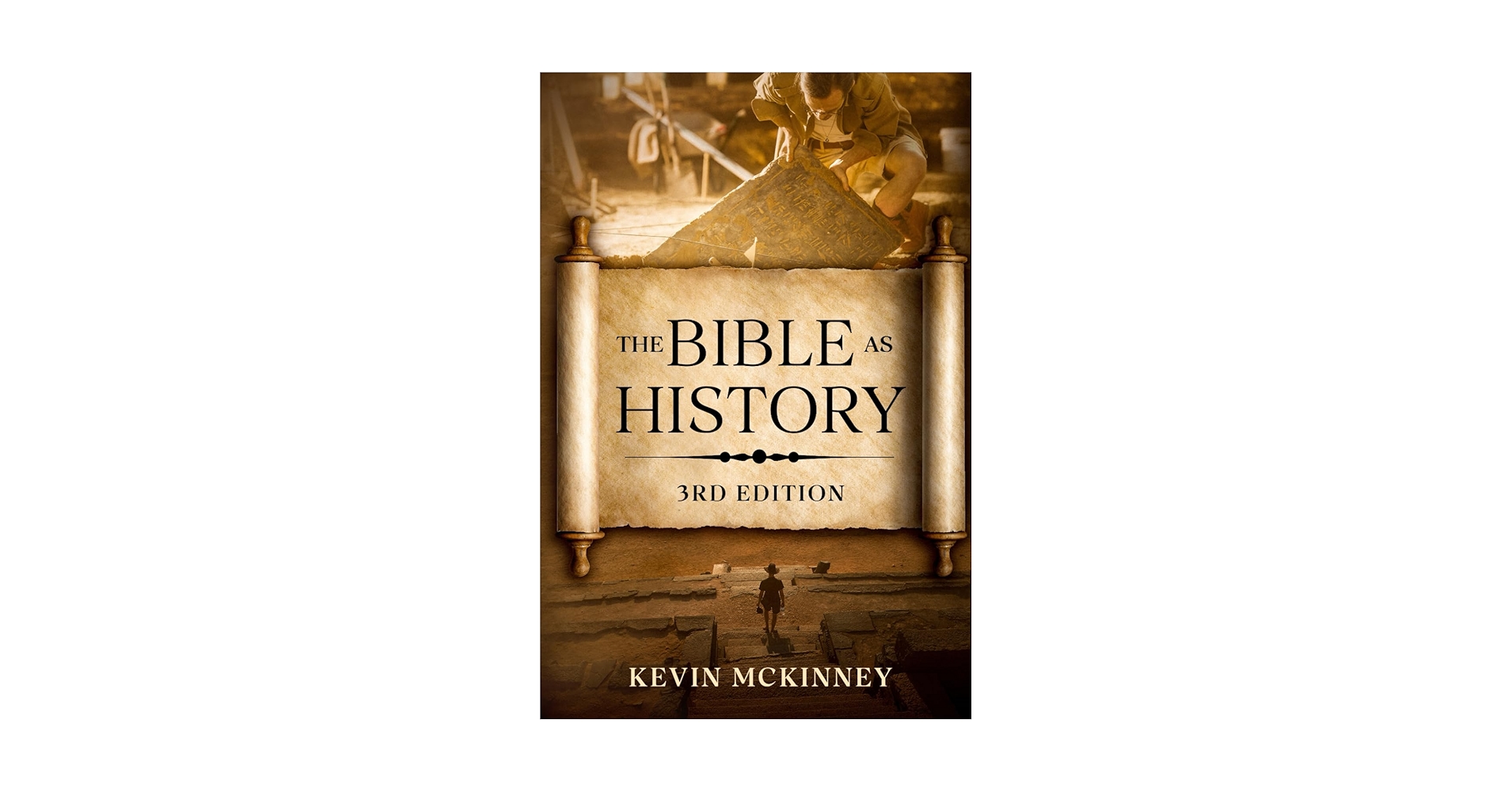Have you ever wondered about the historical accuracy of the Bible? In a world filled with various historical texts and accounts, the Bible stands out for its unparalleled accuracy and reliability. In this blog post, we will explore why the Bible is considered the most historically accurate book of all time and the benefits of understanding its historical context.
By delving into the historical accuracy of the Bible, we can gain a deeper appreciation for the events and individuals depicted in its pages. Understanding the historical context of the Bible not only enriches our knowledge of ancient civilizations but also provides insight into the cultural, political, and social realities of the time. Join us on this fascinating journey as we uncover the historical truths that make the Bible a timeless and invaluable source of historical information.
The Bible is widely regarded as one of the most historically accurate books ever written. It is a collection of texts sacred to both Judaism and Christianity, containing a wealth of historical information that has been confirmed by archaeological discoveries and other historical sources.
The historical accuracy of the Bible can be seen in various ways. Firstly, many of the events and locations described in the Bible have been confirmed by archaeological findings. For example, the ancient city of Jericho, which was famously captured by the Israelites according to the Bible, has been excavated by archaeologists who found evidence of its destruction just as described in the biblical account.
Additionally, the Bible contains numerous references to real historical figures and events. For instance, the accounts of kings such as David and Solomon have been corroborated by extra-biblical sources, including ancient inscriptions and records from neighboring civilizations.
Moreover, the Bible’s accuracy is evident in its geographical descriptions. The locations mentioned in the Bible, such as Jerusalem, Bethlehem, and Nazareth, have all been identified and confirmed through archaeological research.
Furthermore, the historical reliability of the Bible is supported by the internal consistency of its texts. Despite being written by multiple authors over a span of centuries, the Bible maintains a cohesive narrative that aligns with known historical events and timelines.
In conclusion, the Bible stands out as one of the most historically accurate books due to its alignment with archaeological findings, confirmation from external sources, detailed geographical descriptions, and internal consistency. Its historical accuracy lends credibility to the events and teachings recorded within its pages, making it a valuable resource for understanding the ancient world and the development of civilization.
Which book of the Bible is most historically accurate?
The book of Luke in the Bible is often considered to be the most historically accurate among the four Gospels. This is because the author, traditionally believed to be Luke the physician and companion of the apostle Paul, took great care in researching and recording the events of Jesus’ life. Luke begins his Gospel by stating that he has “carefully investigated everything from the beginning” and compiled an orderly account of Jesus’ ministry. Additionally, Luke includes many specific details, dates, and references to historical figures that have been corroborated by external historical sources. While all the books of the Bible are inspired by God and contain valuable spiritual truths, many scholars regard the Gospel of Luke as particularly reliable in its historical details.
What percentage of the Bible is accurate?
It is widely accepted among scholars and religious communities that the Bible is a collection of texts that contain a mixture of historical facts, allegorical stories, poetry, and theological teachings. Therefore, it is important to understand that the accuracy of the Bible varies depending on the genre and purpose of each individual book or passage.
For historical narratives and events such as the reigns of kings, battles, and genealogies, scholars generally agree that there are accurate historical details within the text. However, it’s important to keep in mind that the authors of the Bible often wrote from a theological perspective, so their primary aim was not always strict historical accuracy.
On the other hand, allegorical stories and poetry are meant to convey deeper spiritual truths rather than literal historical events. In these cases, the accuracy is not measured in the same way as with historical records. The truth in these passages lies in the spiritual message being conveyed rather than the factual details.
Overall, the question of what percentage of the Bible is accurate is complex and depends on how one defines accuracy within the context of different genres and purposes of the texts. It’s essential to approach the Bible with an understanding of its diverse literary styles and theological intentions.
Is Bible the oldest book in the world?
The Bible is not the oldest book in the world. While it contains some of the oldest written texts, such as the Book of Genesis, the Bible itself is a collection of various ancient texts compiled over centuries. Some of the oldest surviving written texts come from ancient Mesopotamia and Egypt. The Bible holds significant historical and religious importance, but it is not the oldest book in the world.
Is the Bible the most powerful book in the world?
The Bible is considered by many to be the most powerful book in the world. It holds great significance for billions of people around the globe and has influenced literature, art, culture, and society for centuries. The teachings and stories found within its pages have inspired individuals, shaped nations, and provided guidance and hope in times of darkness. The impact of the Bible is undeniable, making it a truly remarkable and powerful book for those who believe in its message.

